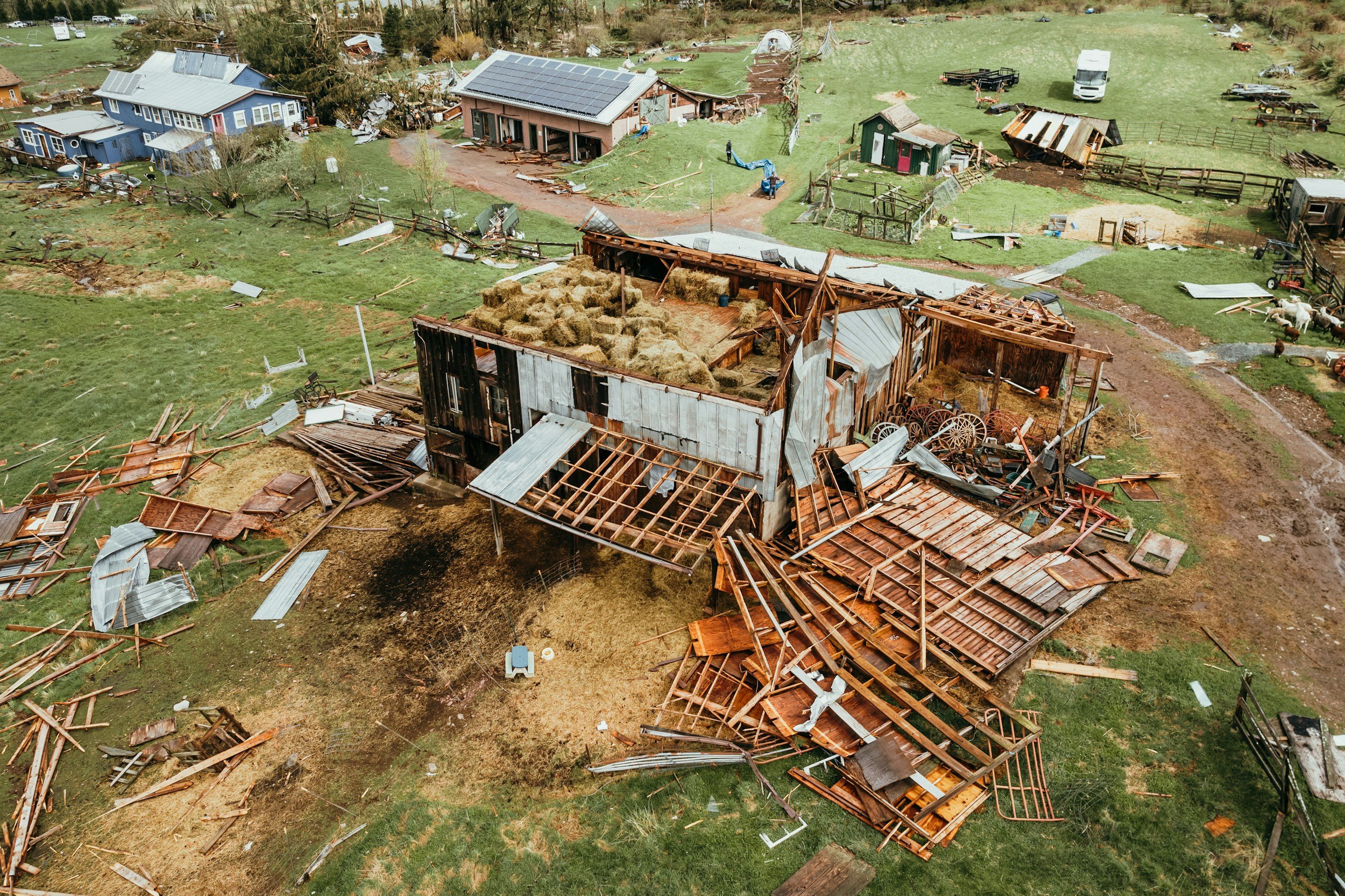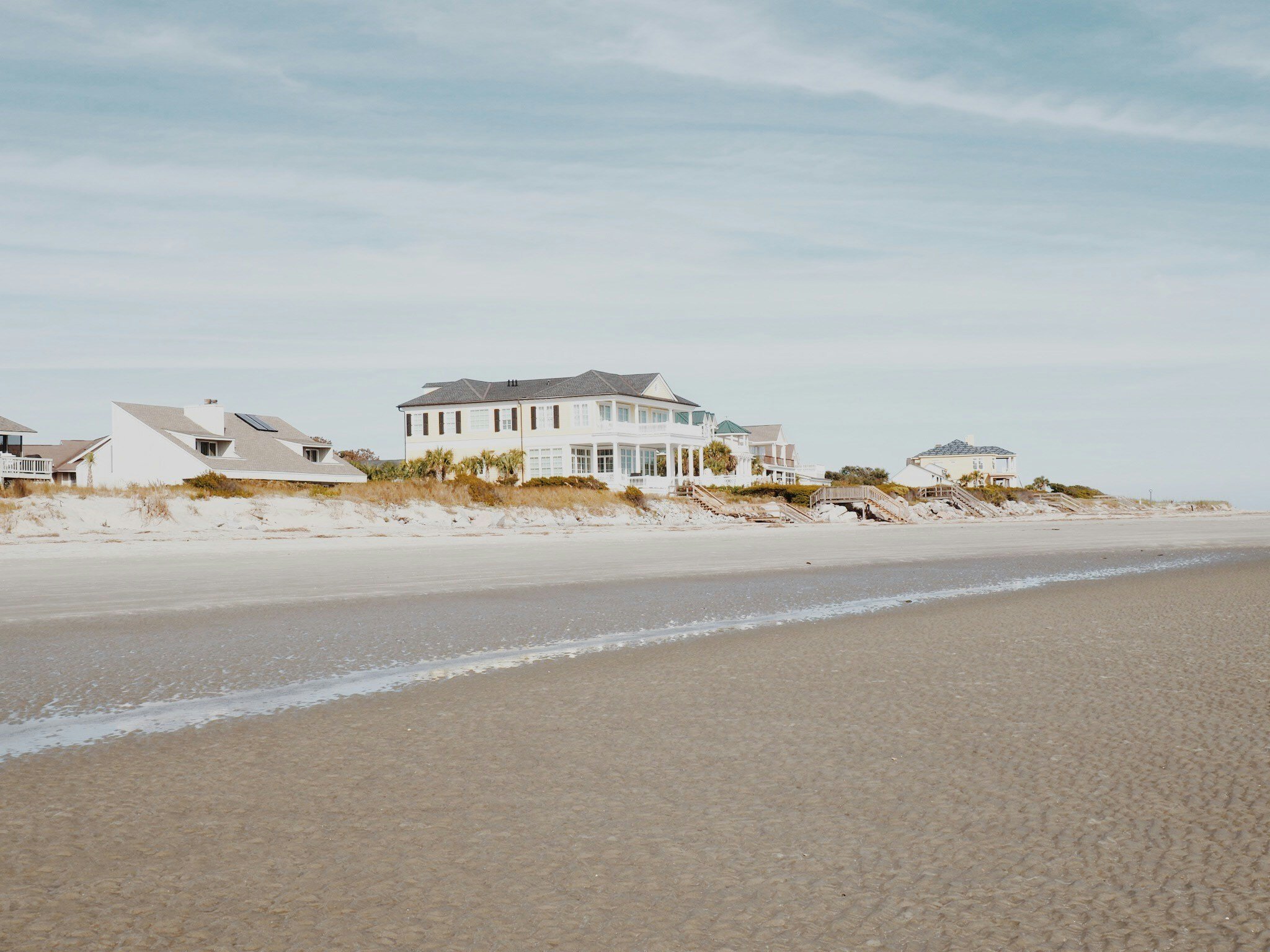
WPI-8 Windstorm Inspections (TWIA)
Why is Windstorm Engineering necessary?
An inspection and certificate of compliance are mandatory for new construction, roof replacements, major repairs, and other alterations. During the inspection, we will meticulously verify that all work adheres to TDI product evaluations, manufacturer-approved installation standards, and engineered construction drawings. This ensures the project meets the highest standards for safety, durability, and regulatory compliance.
Who is affected?
TDI has designated the 14 coastal counties and parts of Harris County as catastrophe areas. Homeowners in these regions may need to obtain windstorm and hail coverage through TWIA, as private insurance may not be available.
To purchase a TWIA policy, most homes and properties must have a certificate of compliance confirming that the structure adheres to applicable building codes and is capable of withstanding high winds and hail.
Noble’s Windstorm Engineering Services
Effective June 1, 2020, all new and ongoing construction, including roof replacements, major repairs, and other alterations, must undergo inspection by a TDI (Texas Department of Insurance) appointed engineer to obtain a TDI WPI-8. Completed construction projects can also be inspected by a State of Texas registered engineer to qualify for a TDI WPI-8.
Starting September 1, 2020, all new construction must comply with the minimum standards of the IBC or IRC 18 to be eligible for a TDI WPI-8.
For alterations like re-roofing (non-shingle), re-siding, or installing new windows, doors, or skylights, Noble Property Inspections will ensure that these products are installed according to TDI product evaluations.
For new construction and additions within designated catastrophe areas, windstorm and structural engineering and design are required. Noble Property Inspections will provide the necessary engineering to meet code design requirements, including a Windstorm Compliant Plan and Foundation Plan.
New Construction Inspection Process
Foundation: We thoroughly inspect all aspects of the foundation system, including rebar sizes and spacing, concrete beam depth, beam location, vapor barrier, pier depth, timber piling depth, timber stringer/beam sizes, and all bolted connections. Foundations must be poured, and piles set according to an engineered, stamped foundation plan.
Framing: We assess all framing members used to resist gravity, lateral, and uplift loads, such as floor joists, ceiling joists, rafters, studs, headers, wall sheathing, roof decking, and beams.
Clips, Straps, Hold-Downs: We ensure that all clips, straps, and hold-downs are installed according to the manufacturer's requirements and are consistent with our Windstorm Compliant Plan.
Components and Cladding: We verify that the installation of windows, doors, siding, roofing, and other attached products is consistent with TDI product evaluations.
Exterior Mechanical Equipment: We inspect that all A/C condensing units, generators, and other mechanical equipment connected to the structure are anchored to withstand 100 lbs. of uplift.
Wind-Borne Debris Protection: We ensure that all glazed openings are protected against wind-borne debris.




